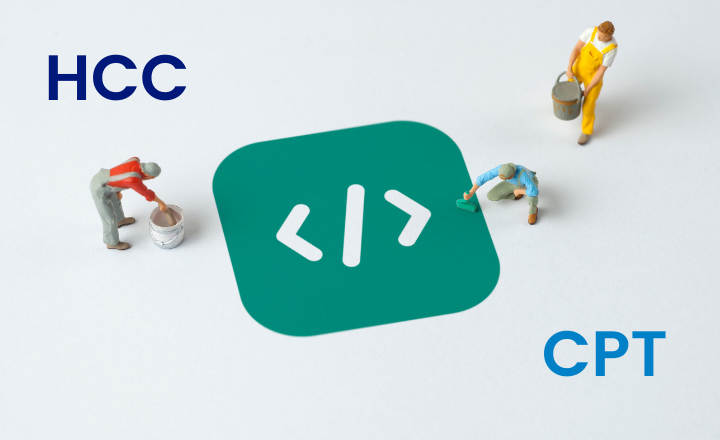The Power of Partnership: Why Outsourcing HCC Coding is a Smart Strategy
In today’s value-based care landscape, Hierarchical Condition Category (HCC) coding is more critical than ever. It’s the engine that powers risk adjustment, which in turn determines a health plan’s revenue and its ability to care for high-risk patient populations.
But for many healthcare organizations, managing the immense complexity of HCC coding in-house is a constant uphill battle. Between ever-changing CMS guidelines, annual HCC model updates, documentation requirements, and the sheer volume of patient encounters, even the most committed internal teams can quickly fall behind.
This is where strategic partnerships come in. Outsourcing HCC coding to a professional service isn’t just offloading a back-office task; it’s gaining a specialized advantage that directly impacts financial health, compliance, and patient care outcomes.
Unmatched Accuracy and Compliance
The greatest benefit of outsourcing is the accuracy and compliance boost that comes from working with specialists who focus exclusively on risk adjustment.
Professional HCC coders:
Possess deep, specialized knowledge – They are trained in the nuances of ICD-10 codes, the V28 HCC model, and Medicare Risk Adjustment Data Validation (RADV) audit requirements.
Reduce undercoding and overcoding – Ensuring that all documented conditions are captured without introducing compliance risks.
Stay ahead of regulatory changes – Partners are accountable for tracking CMS and payer updates, so your internal teams don’t have to scramble every year.
This expertise translates into cleaner submissions, stronger RAF scores, and reduced audit exposure.
Boosted Efficiency and Streamlined Workflow
An outsourced partner does more than correct codes—they optimize your entire workflow.
Free internal resources: Internal coders and billing teams can redirect their focus to higher-value tasks, like denial management or physician support.
Accelerate claim submission: Professional services are built for high volume and speed, shortening the revenue cycle and reducing DNFB (Discharges Not Fully Billed).
Support provider education: Many partners provide feedback on documentation gaps, helping physicians improve real-time charting without overwhelming them.
The result is smoother operations, reduced burnout, and a workflow that runs at peak efficiency.
Financial Predictability and Scalability
Outsourcing turns variable staffing costs into predictable service fees. Instead of managing salaries, benefits, continuous training, and turnover, organizations pay a fixed fee for a scalable service.
Predictable costs – More stability for financial planning.
Built-in scalability – Partners can ramp up support during seasonal surges, wellness visit peaks, or organizational expansions—without requiring your practice to recruit and train new staff.
This makes outsourcing not just a tactical choice but a strategic financial safeguard.
Financial Impact: With vs. Without Outsourcing
Here’s a simplified executive snapshot of the financial impact outsourcing HCC coding can deliver:
This table demonstrates how outsourcing can not only recover lost revenue but also create cost efficiencies while reducing audit exposure.
Beyond Cost: A Strategic Advantage
When seen in the big picture, outsourcing isn’t about losing control—it’s about unlocking strategic value:
Providers focus on patients, not paperwork.
Organizations gain accurate risk capture, improving reimbursement and care management.
Leaders rest easier knowing their coding program is audit-ready at all times.
One ACO partner reported a 20% improvement in risk capture within the first year of outsourcing, leading to stronger care management for vulnerable populations while boosting financial performance.
The MBW RCM Advantage
At MBW RCM, we combine expertise, technology, and partnership to deliver results:
Certified HCC coders with exclusive focus on risk adjustment.
Proactive audit-readiness reviews.
Scalable resources that grow with your needs.
Integrated revenue cycle management solutions for a seamless end-to-end approach.
With MBW RCM, outsourcing becomes more than a vendor relationship—it’s a true partnership that strengthens accuracy, compliance, and financial outcomes.
Conclusion
Accurate HCC coding is the foundation of risk adjustment and value-based care. By partnering with a specialized outsourcing service, organizations transform a potential liability into a predictable, scalable, and strategic advantage.
Ready to reduce compliance risk, improve accuracy, and boost revenue? Connect with MBW RCM today and discover how outsourcing HCC coding can help you focus more on patients and less on paperwork.




